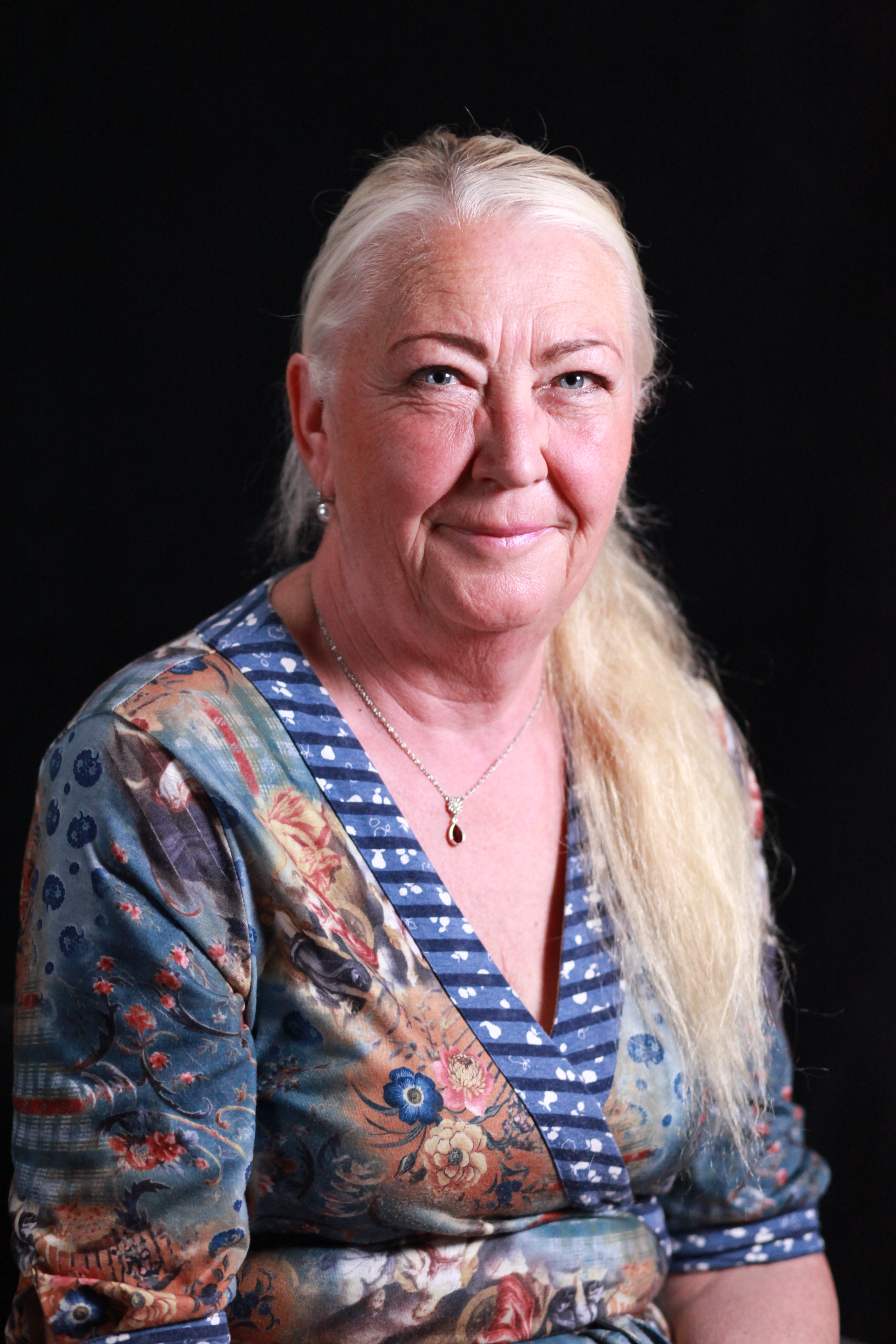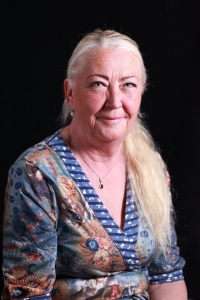If no one else can, you have to

Download image
Helena Sosnová, née Abrahámová, was born on 22 March 1959 in Beroun. After finishing primary school, she started her apprenticeship as an operating fuel technician in Vřesová near Sokolov and continued her studies at the Secondary School of Technology in Ústí nad Labem. In 1980, while still in high school, she signed Charter 77 and joined the dissent. She was not allowed to graduate and joined a theatre in Ústí nad Labem as a set painter. In the early 1980s she refused to testify against her dissident friends. She was sentenced to one and a half years without parole for perjury. After several months in the prison in Všehrdy, she found out that she was pregnant. Her sentence was suspended by the court. In September 1982, her son Tomáš was born. Helena tried to avoid going back behind bars by feigning mental illness. In February 1984, she received a pardon from the President of the Republic and her sentence was commuted to two years’ probation. She graduated from the Secondary Industrial School in Křemencova Street in Prague. After her marriage to Roman Sosna in 1987, she moved to the South Bohemian village of Cehnice. In 2021 she served as mayor for the fifth year.
